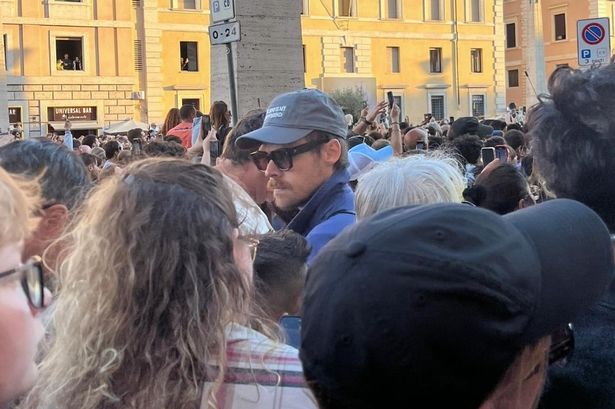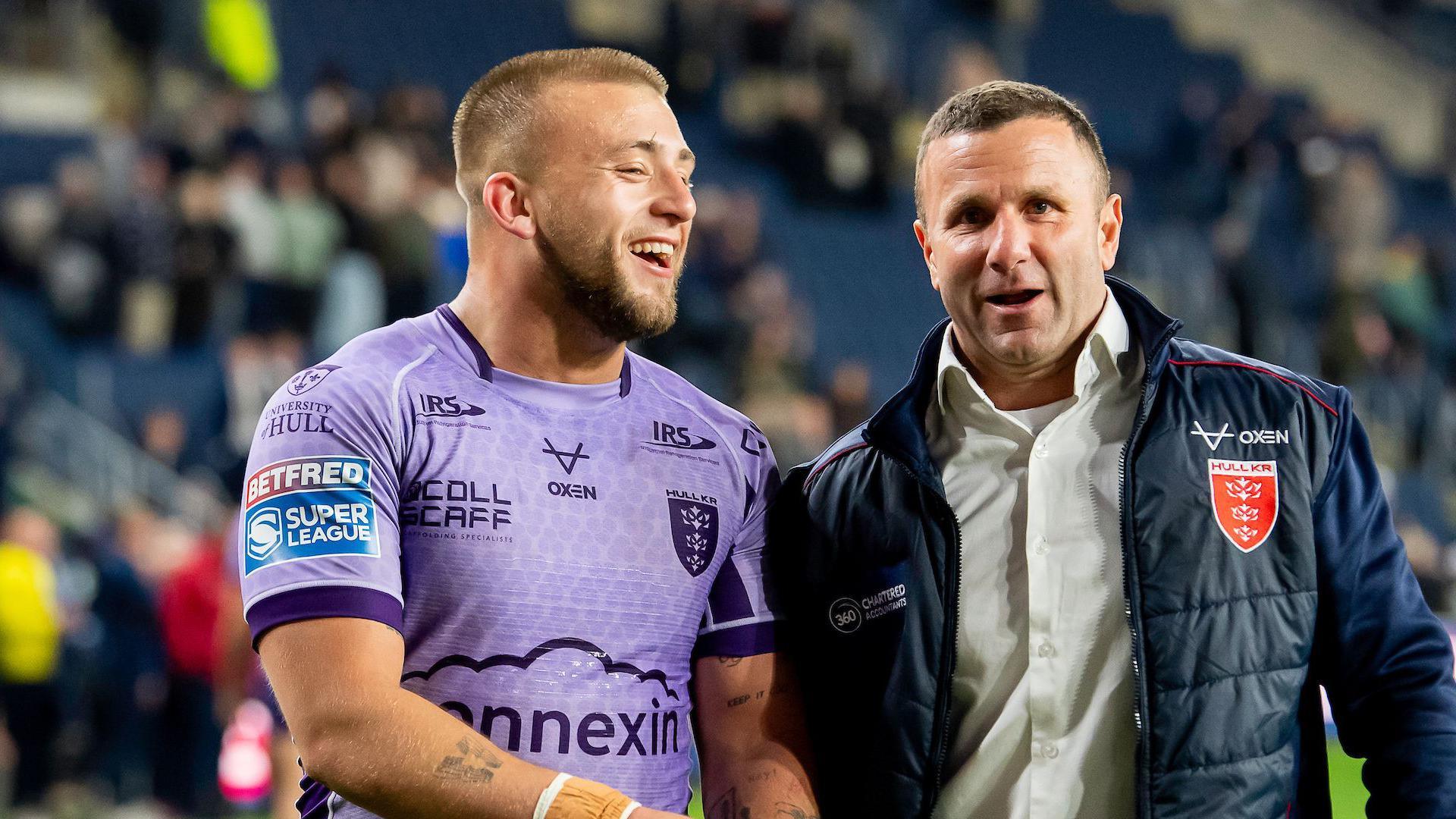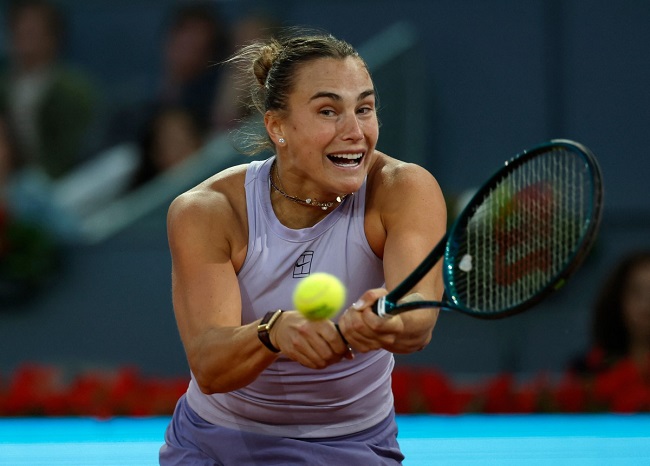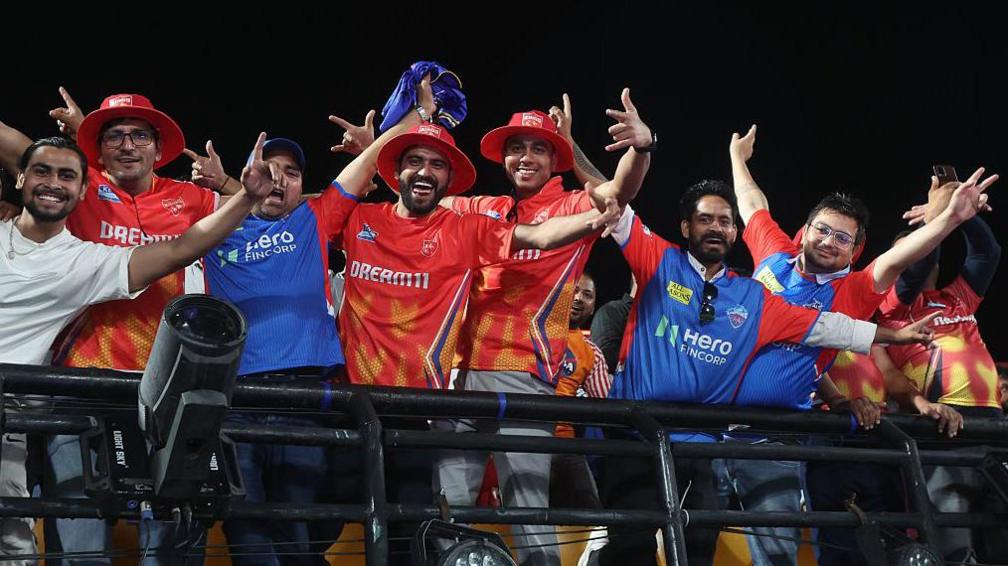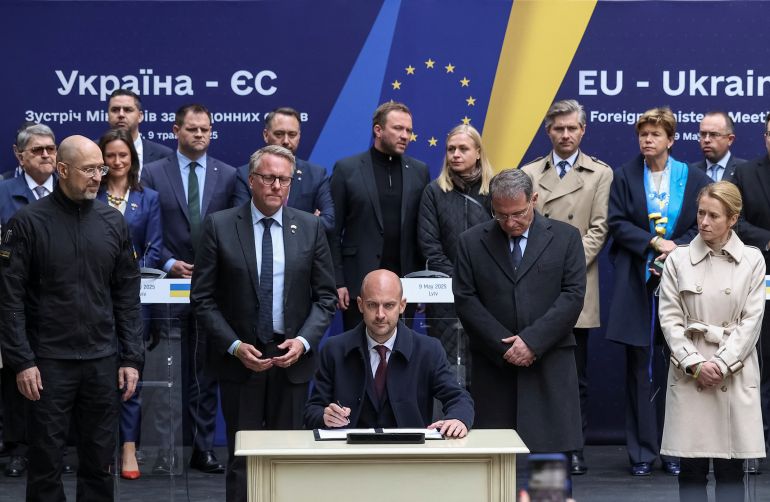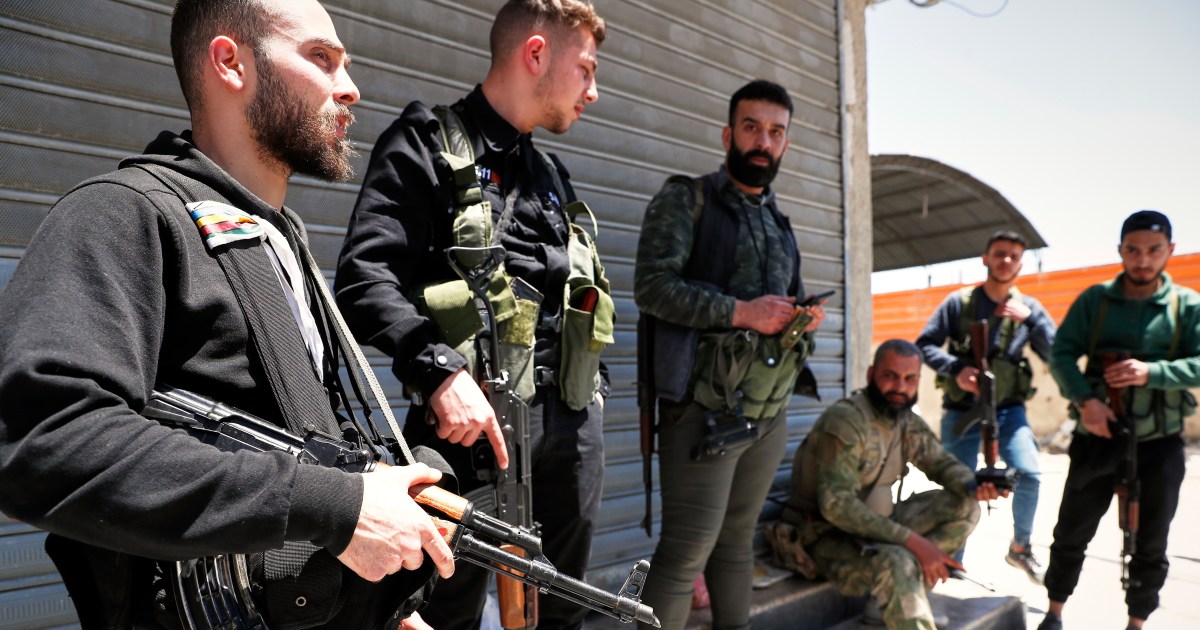Instability has plagued Syria in the past two weeks after fighting broke out in two of Damascus’s suburbs and a southern governorate, drawing in government forces and non-state armed factions.
Using the unrest as a pretext, Israel also launched attacks on several locations in Syria.
The fighting and the Israeli attacks add to the difficulties faced by Syria’s new government – which only came to power after the fall of longtime dictator Bashar al-Assad – as it attempts to rebuild Syria after nearly 14 years of war.
The violence of that war has not fully subsided. Instead, the recent fighting has taken on a sectarian character, though locals also told Al Jazeera that some actors were motivated by power as they try to carve out spheres of influence in the new Syria.
Violence
The recent clashes began on April 28 in the town of Jaramana, on the outskirts of Damascus, before spreading to nearby Ashrafiyat Sahnaya and the southern governorate of Sweida, where many of the country’s Druze population live.
All of the areas have significant Druze populations, and the violence began after attackers were incensed by a blasphemous audio recording criticising the Prophet Muhammad, attributed to a religious leader from the minority group.
The religious leader denied the recording was in his voice, and an investigation by Syria’s Ministry of the Interior has concurred. But it mattered little, as fighting between local armed Druze groups and outsiders began.
The violence was followed by several Israeli attacks, including one near Syria’s presidential palace in Damascus. Syria’s government called it a “dangerous escalation”.
Israel’s military has struck Syria hundreds of times since the fall of al-Assad, while Syria has yet to retaliate and has indicated that it has been involved in non-direct talks with Israel to calm the situation.
Israel has attempted to portray its latest attacks in Syria as evidence that it is a defender of the Druze, many of whom live in Israel. Israeli Prime Minister Benjamin Netanyahu released a joint statement with Defense Minister Israel Katz, saying the attack was “a clear message to the Syrian regime: We will not allow [Syrian] forces to deploy south of Damascus or any threat to the Druze community.”
But many officials in Syria’s Druze community have expressed an openness to working with the new authority in Damascus and denied Israel’s overtures that claim to protect them.
Sources told Al Jazeera that these recent clashes have not altered that view on Israel.
“Israel is protecting its own interests,” Ali Jarbou, a professor at Damascus University and a member of a prominent Druze family, told Al Jazeera. “They are not protecting anyone. Not the Druze or anyone else.”
Experts have said Israel prefers to have weak states on its borders, and is therefore attacking Syria to weaken the new government and prevent it from exercising its power over the whole country. Allying with regional minority groups may also appear attractive to some in Israel, although a similar strategy in the past, most notably in Lebanon during the 1975-1990 civil war, failed.
But the Israeli government is also facing internal pressure to act from its own Druze community, the vast majority of whom are supportive of the Israeli state and serve in the Israeli army, despite being Arabic-speaking.
Druze diversity
The Druze community in the Middle East is split between Lebanon, Syria, Israel, and a small community in Jordan. They have played an influential role across these countries – in Syria, one of the leaders of the country’s independence was a famous Druze named Sultan al-Atrash.
Syria’s Druze are mostly split between the Israeli-occupied Golan Heights and Mount Hermon, Sweida (in an area called Jabal al-Druze, or Mountain of the Druze), and a couple of Damascus’s suburbs, while there is also a small community near Idlib.
Syrians in the occupied Golan Heights live under Israeli authority but most have rejected offers of Israeli citizenship. They’ve also historically been able to keep ties to Syria, sometimes studying in Damascus or marrying across the border, according to Tobias Lang, director of the Austrian Centre for Peace, who has extensively studied the Druze community in the Levant.
The Druze in Syria are, however, “very fragmented politically”, Lang said, due to years of life under the al-Assad dictatorship.
“No distinct Druze leadership was allowed to emerge, and the traditional leadership lost much of its power to the Baathist regime,” he said, referring to the Baath party, which ruled Syria from 1963 to 2024.
During the war in Syria, competing voices emerged within the Druze community. Some, like Hikmat al-Hijri, the top Druze religious figure in Syria, initially supported the al-Assad regime. Others, like Wahid al-Balous, founder of the Men of Dignity Movement, split off from the regime much earlier and refused to send local men to die in support of the government.
Al-Balous was later assassinated in 2015. Opposition figures blamed the regime.
In 2023, when antigovernment protests erupted in Sweida, al-Hijri finally turned against al-Assad and supported the local opposition.
Al-Hijri has also been sharply critical of the new Syrian authorities since the outbreak of violence last month, calling the attacks against the Druze a “genocidal campaign”.
“We no longer trust a group that calls itself a government, because the government doesn’t kill its own people through extremist gangs that are loyal to it, and after the massacre claims they are loose forces,” al-Hijri said.
The Syrian government has denied any involvement in the attacks on the Druze, and has instead emphasised that its forces have sought to provide security and prevent any further sectarian attacks.
‘We’re scared of our neighbours’
Agreements struck between local actors and the new government at the start of this month have ended the fighting for now. But dozens of people had been killed, many civilians among them.
In Jaramana, locals are still on high alert.
“We’re scared of our neighbours,” a resident told Al Jazeera, requesting anonymity for fear of retaliation against them or their family.
In the early days after the fall of al-Assad, places like Jaramana and Sweida were hesitant to work with the new Syrian government. Local leaders, some of whom are Druze notables, demanded a say in local governance and security matters.
But members of the Druze community have now been working with the central authority in Damascus to calm tensions, resolve disputes, and negotiate security arrangements.
Some of those agreements will see locals join the new government’s internal security force and police their own areas under the central government’s authority.
Still, locals are on edge after the clashes and fear they could restart. Locals told Al Jazeera that some Syrians, particularly from minority sects like the Druze, have had their faith in the new central authority shaken.
“Trust [in the new government] began to decrease after the events on the coast,” Jarbou said, referring to attacks in early March on Alawite – another minority community – in the coastal region after government forces were attacked. Hundreds were killed, many of them civilians, and while the government quickly announced an investigation into the attacks, the violence provided evidence for those fearful of the new order in Syria.
That is perhaps understandable after 14 years of war and more than five decades of brutal dictatorship.
“In other words, we can say that the war hasn’t stopped,” Jarbou said, adding that a serious, participatory political solution is needed for the country. Should that not come to pass, the current pattern of clashes and increased communal tensions will only worsen.
